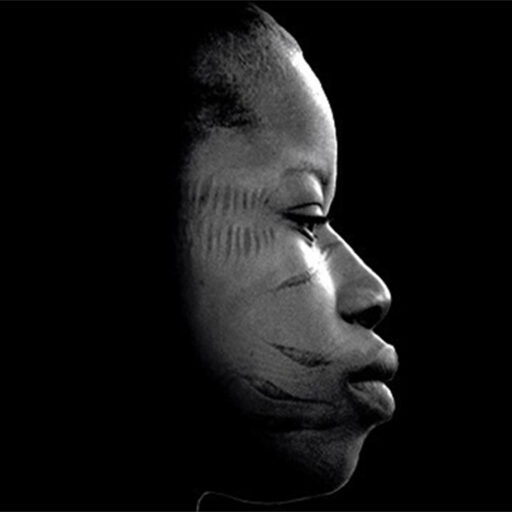The myth of racial difference that was created to sustain American slavery persists today. Slavery did not end in 1865, it evolved. #SlaveryEvolved
enviado por Zakiya Carr para o Portal Geledés
The legacy of slavery can be seen in the presumption of guilt and dangerousness assigned to African Americans, especially young men and boys, the racial profiling and mistreatment that presumption creates, and the racial dynamics of mass incarceration.
“Slavery to Mass Incarceration” is narrated by Bryan Stevenson. The art is by Molly Crabapple.
EJI’s Race and Poverty project explores racial history and attempts to deepen our understanding of the legacy of racial injustice. By telling the truth about our past, EJI believes we can create a different, healthier discourse about race in America.
RACE AND POVERTY
The history of racial inequality and economic injustice in the United States has created continuing challenges for all Americans and we believe more must be done to advance our collective goal of equal justice for all. EJI’s calendar, A History of Racial Injustice, focuses on African American history and is part of an EJI series of forthcoming reports and documents that explore the legacy of racial bias in the United States and its continuing impact on contemporary policies and practices.
The lives of African Americans have been profoundly shaped by the era of slavery, the era of racial terror that continued from the end of Reconstruction until World War II, the era of Jim Crow and racial apartheid that produced the civil rights movement, and now the era of mass incarceration. Too often we have appropriately celebrated black achievement and triumph in the face of these obstacles without exploring the very difficult reality of racial inequality and subordination. EJI believes a deeper understanding of this history is necessary for us to achieve the truth and reconciliation that overcoming historic injustice requires.
EJI’s race and poverty work focusing on mass incarceration continues. In America, one out of every three black men born in 2001 will go to jail or prison if current trends continue. Black men are more than six times more likely to be incarcerated than white men. Nearly a third of black men in Alabama have lost the right to vote after being convicted of a felony. Without reform, it is estimated that 40% of the black male population in the State of Alabama will be permanently disenfranchised due to a criminal conviction.
During the last 40 years, mass incarceration policies have devastated poor and minority communities. Disenfranchisement of offenders and the erection of permanent barriers for employment and re-entry have created a growing underclass of largely poor people.
EJI is committed to challenging racially discriminatory policies, sentencing, and tactics that have made mass imprisonment a crisis in many communities of color. Indigent defense reform and providing legal assistance to the poor is vital to alleviate the problems caused by unfair criminal justice policies. EJI addresses these issues through education, community outreach efforts, litigation, and policy reform.





